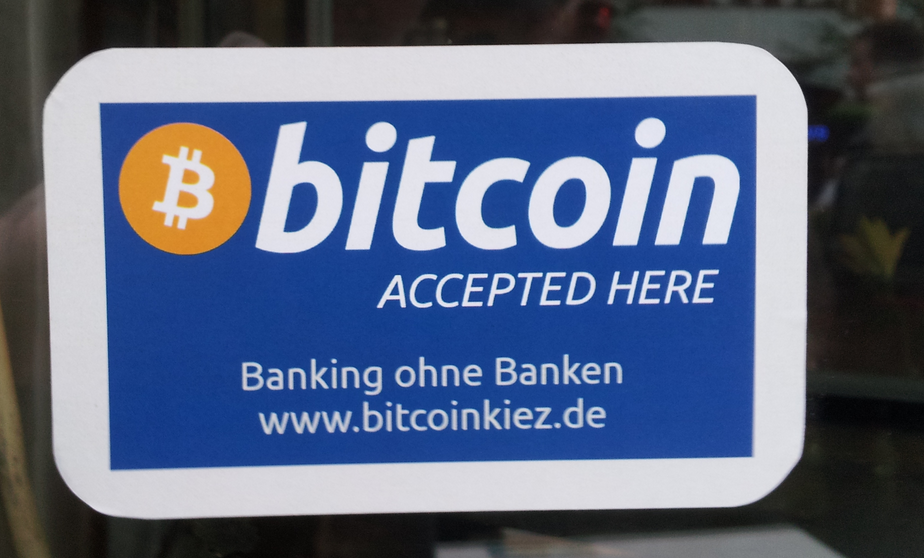IRS Decision To Tax Bitcoin As Property May Slow Efforts To Widen Its Use In Retail
“For federal tax purposes, virtual currency is treated as property,” writes the IRS in an explanation of the new guidance [PDF] issued this morning. “General tax principles applicable to property transactions apply to transactions using virtual currency.”
WHAT ARE BITCOINS? READ OUR PRIMER ON THE VIRTUAL CURRENCY HERE
Basically, this means that Bitcoin investors are treated like stock investors, as opposed to those who speculate in foreign currency markets.
That is good news for people who have put lots of U.S. dollars into Bitcoin, as the top long-term capital gains tax rate is about half that of the top ordinary income-tax rate. And if the IRS had decided that Bitcoin was to be taxed like foreign currency gains and losses, the math gets complicated, with 60% of profits considered capital gains and 40% considered ordinary gains for most taxpayers.
For people who are simply amassing Bitcoins in the hope that they will continue to go up in value, today’s announcement from the IRS is welcome news. It’s really almost no different than having a stock whose value you watch go up and down. When you sell off chunks of it, you pay the capital gains tax.
But for people who want to use Bitcoin for smaller transactions, it’s a much more complex problem.
Bloomberg gives the following example:
Purchasing a $2 cup of coffee with Bitcoins bought for $1 would trigger $1 in capital gains for the coffee drinker and $2 of income for the coffee shop.
“[U]se of Bitcoin in a retail transaction typically would be a taxable ‘event’ for many buyers, requiring them to figure out the gain they had made on the virtual currency—and eventually pay tax on it,” writes the Wall Street Journal. “Tax experts say that could come as a surprise to some investors. It also could put a damper on use of Bitcoin for many retail purchases.”
Additionally Bitcoin users would need to report to the IRS each individual instance of a number of types of common payments — including rent, salaries, wages, premiums, annuities, and compensation — if they are made with Bitcoins and if the value of the transaction is worth at least $600.
While Bitcoin investors are likely happy with today’s announcement, it remains to be seen what effect the IRS guidance will have on efforts to bring Bitcoin into the retail world for people wanting to use the currency for small-dollar purchases, like buying a beer at a Sacramento Kings game.
Want more consumer news? Visit our parent organization, Consumer Reports, for the latest on scams, recalls, and other consumer issues.


